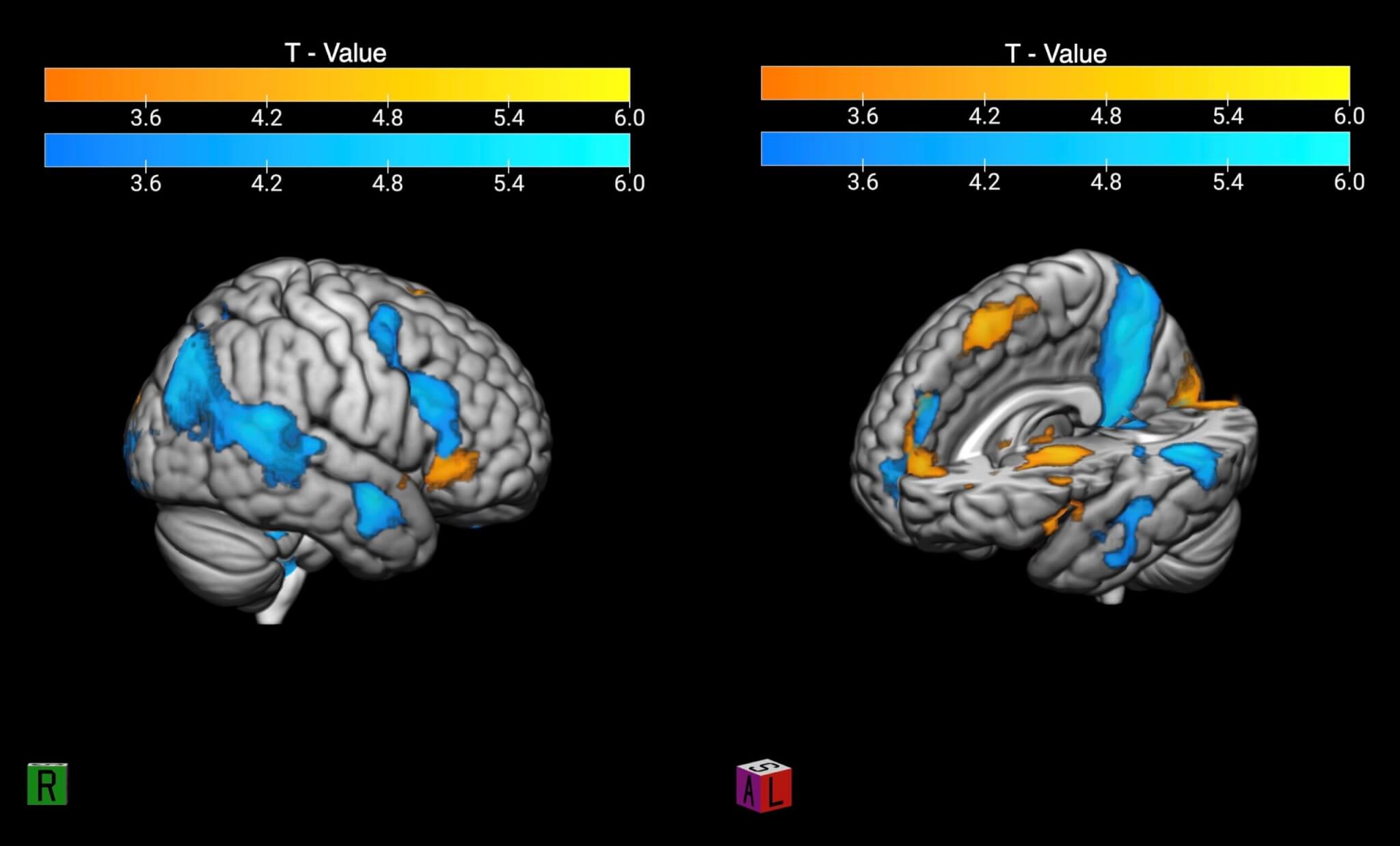CHICAGO — Losing can bring out the worst in some people — especially sports fans. Now, a new study suggests that sports team losses can trigger violent and irrational behavior among fans. Conducted in South America, this research analyzed the brain activity of soccer fans, revealing that victory activates their brain’s reward systems. Conversely, defeat can impair cognitive control, raising the likelihood of violent or disruptive behavior.
This study also discovered that fans can engage in introspection to alleviate the pain of a loss. It focused on fans of two rival football teams in Chile, proposing that these findings could apply to other forms of fanaticism, including politics, spirituality, ethnicity, and identity.
The groundbreaking research, being presented at the Radiological Society of North America (RSNA) annual meeting in Chicago, aimed to understand the positive and negative reactions in fans’ brains while watching their teams. It also examined behaviors linked to intense soccer rivalries, such as those in the Scottish Old Firm derby, Spain’s El Clasico, and the Superclasico in Buenos Aires, known for violence and deep-seated religious and geographical animosity.
“This study aims to shed light on the behaviors and dynamics associated with extreme rivalry, aggression and social affiliation within and between groups of fanatics,” says the study’s lead author, Francisco Zamorano Mendieta, Ph.D., a researcher in the Department of Imaging at Clínica Alemana de Santiago, in a media release.
The study involved 43 male volunteers, supporters of Chile’s two major rival football teams, who underwent functional MRI (fMRI) scans while watching a compilation of 63 goals. The fMRI, a non-invasive technique, tracked changes in brain blood flow, revealing variations in brain activity linked to their team’s success or failure.

Results showed brain reward system activation upon team success, but increased likelihood of violent behavior after a loss.
“When their team wins, the reward system in the brain is activated,” Dr. Zamorano says. “When they lose, the mentalization network can be activated, taking the fan to an introspective state. This may mitigate some of the pain of the loss. We also observed inhibition of the brain hub that connects the limbic system with frontal cortices, hampering the mechanism that regulates cognitive control and increasing the probability to fall into disruptive or violent behavior.”
Dr. Zamorano suggests these findings could extend to other fanaticism areas, like party politics, ethnicity, spirituality, and identity, offering insights into sports fans’ intense emotional investment, occasional aggression, and impaired rationality. This, in turn, could provide a broader understanding of societal dynamics.
“People inherently crave social connections, be it through membership in a running club, participation in a book discussion group, or engagement in virtual forums,” Zamorano continues. “While these social bonds often form around shared beliefs, values and interests, there can also be an element of persuasive proselytism, or ‘group think,’ which may give rise to unreasoned beliefs and societal discord.”

“Understanding the psychology of group identification and competition can shed light on decision-making processes and social dynamics, leading to a fuller comprehension of how societies operate,” Dr. Zamorano concludes.
“Sports fandom, on the other hand, presents a unique opportunity to analyze how intense devotion affects neural activity in a less contentious context, particularly by highlighting the role of negative emotions, the related inhibitory control mechanisms and possible adaptative strategies.”
You might also be interested in:
South West News Service writer James Gamble contributed to this report.

"behavior" - Google News
November 24, 2023 at 01:05AM
https://ift.tt/dmEw98B
People more prone to violence, irrational behavior after their favorite sports team loses - Study Finds
"behavior" - Google News
https://ift.tt/Vob62Pr
Bagikan Berita Ini














0 Response to "People more prone to violence, irrational behavior after their favorite sports team loses - Study Finds"
Post a Comment